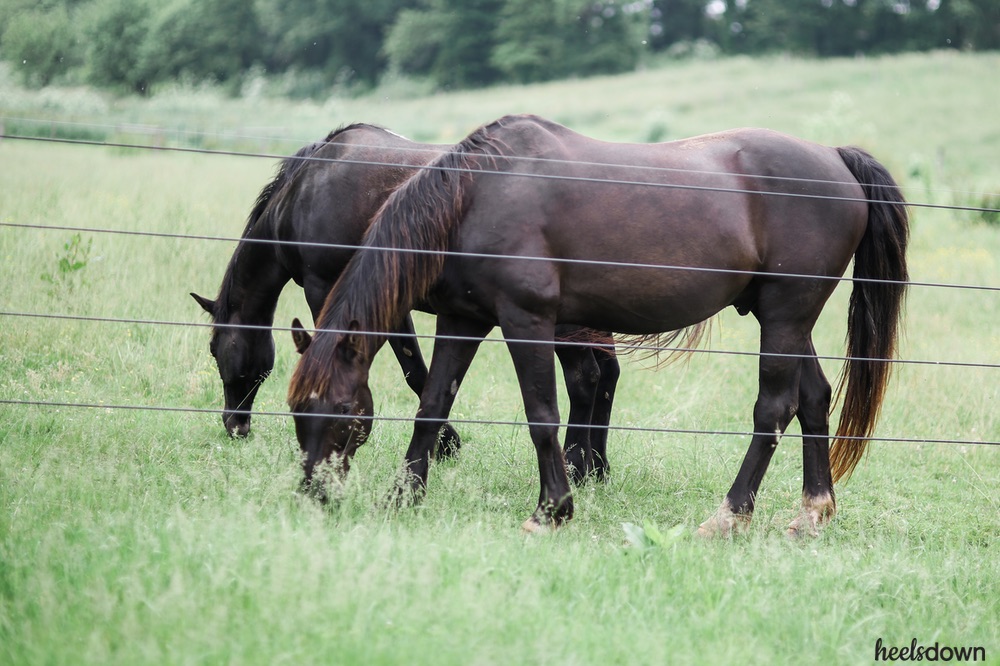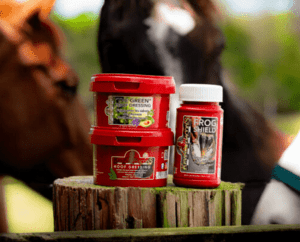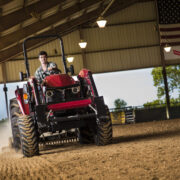Happy Horses: Herd Dynamics

So you’ve welcomed a new horse into your family, or you’ve recently relocated your horse to a new barn. In any new situation, if you have other horses around there will be introductions to make. Horses, just like any other animal, have distinct personalities which can come into play when introducing a horse to others. Some posess more of a dominant personality while others prefer to munch on their hay, left alone to their thought. Yet others fall somewhere in the middle. Regardless of what personality type your horse subscribes to, it is important to be knowledgeable about herd dynamics when you’re dealing with multiple horses.
In the wild, horses are herd animals with each member of the herd serving a role. Herds are made up of dominant horses that protect the other members and ensure an adherence to routine as well as horses who are lower on the totem pole who need protection. Horses use a variety of body language to communicate, ensuring that the hierarchy is maintained and not disturbed.
To that end, even domesticated horses will draw upon their instincts when establishing a hierarchy in the pasture. It is beneficial — and much safer — to know what type of personality each horse has before putting them into a pasture together. For example, two horses who tend towards more dominant personality traits may not do well turned out together. They may bicker or fight, which increases risk for injury. Rather than just tossing a herd of horses into a pasture to fight it out, do your best to know what personalities you are mixing and make adjustments according to how each horse reacts in a herd environment.
Read this next: The Turnout Taboo: How Much Is Right for Your Horse?
Many people will subsribe to the notion of just “letting them figure it out” in the pasture, and while this is an argument in itself, the knowledgeable horse owner or barn manager should bear in mind that too much mixing or change in herds can often spell trouble in the form of injuries. That being said, just because a few squeals or pinned ears happen when horses first meet does not necessarily mean that they should be separated immediately. Pay attention to how the herd establishes a hierarchy, and make your adjustments according to ongoing behavior. More often than not, the squeals are used to establish the herd, and once that has been sorted things stay fairly even keel.
Learning about herd dynamics in the wild can translate to being able to better understand your own horses and how they interact. Horses are, instinctively, herd animals, so encouraging them to have a buddy or two is healthy, but just make sure that you are observing the signs of a healthy herd rather than an abusive relationship.


